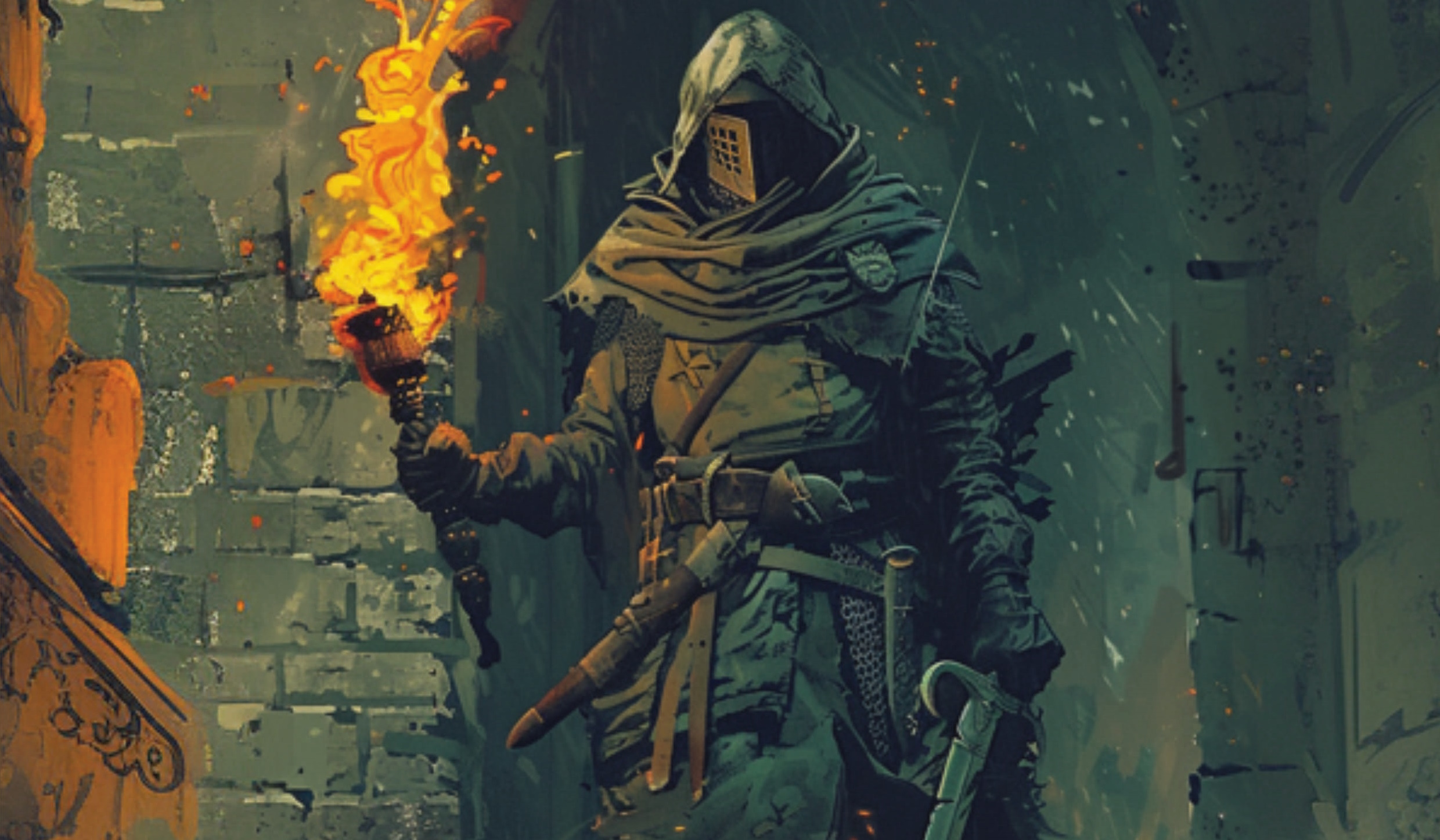Is the OSR mainly driven by nostalgia?
I am not sure what got me thinking but recently I asked myself why all the retro clones have to look like they were produced back in the day? In most cases, the layout, the artwork is reminiscent of the RPG products of the 80s or even the mid to late 70s.
I don’t know a single new old-school product that tries to combine modern look with old-school rules. So, my theory is that the OSR is mainly driven by nostalgia. If the idea behind the OSR were to bring the game of the 70s to the players of today, it would definitely help to release books, PDFs, etc. which look more like what modern players are used to.
Don’t get me wrong. I don’t intend to bash the OSR here, I enjoy games like Swords & Wizardry very much, and the look of has a certain appeal to me personally, but I am just surprised that there are no products that present the classic rules in a modern guise. That lead me to believe that the main reason for the OSR is nostalgia. The old-school advocates just try to bring back the type of game they enjoyed when they were young. There’s nothing wrong with that, but that may be one reason why the interest in old-school games is limited.
What are your thoughts on this? Am I totally wrong or is there some truth to my theory? Would a “modern-looking” retro clone work? As always I am interested in your comments.



22 comments